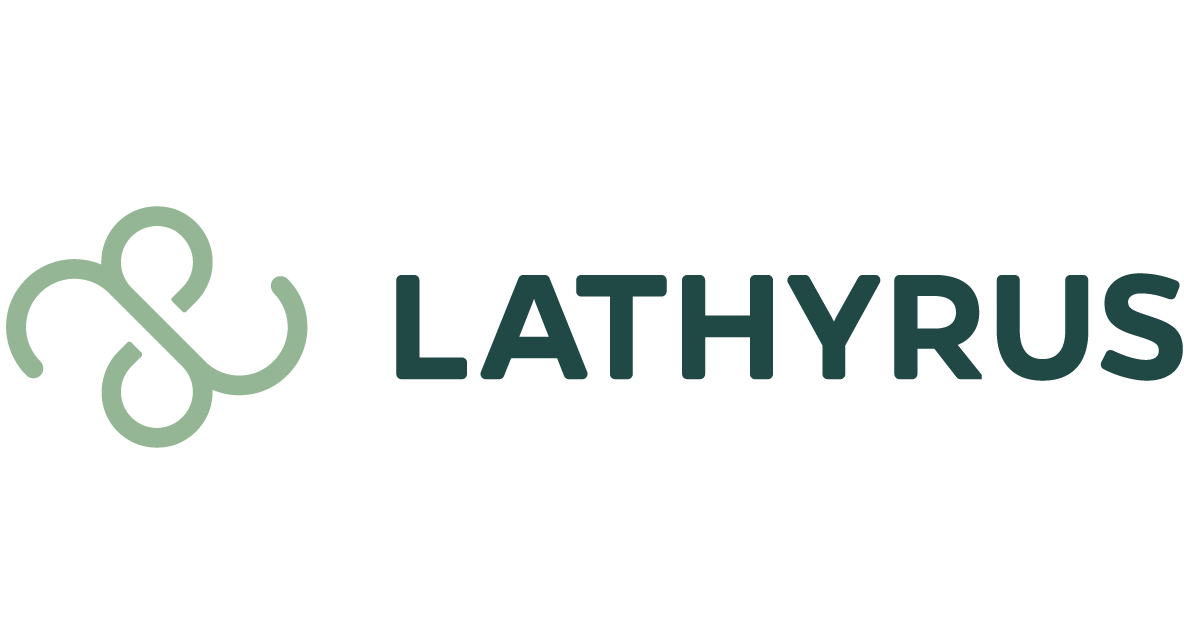When you look back at the major changes you’ve made or wanted to make in your life or organization, how does the outcome you wanted to achieve compare with what actually happened?
There are, of course, many unpredictable variables that play into those eventual outcomes. When we begin a change journey, we can’t anticipate everything that will happen as it unfolds.
And yet who we are and what we do does effect the outcome. In her model of change, Virginia Satir identifies two variables under our control that play an outsize role in the change: Practice and repetition.
Making our way through the third stage, Chaos, many of us, individually or collectively, get blown off course, forget why it was we wanted to do this in the first place, decide the discomfort isn’t worth it, find higher priorities arise, or simply get distracted. The honeymoon of our good intentions doesn’t last.
We can’t just set a course and hope to arrive there. In order for us to reach our destination, we have to practice new ways of thinking, speaking, and behaving. Doing this mindfully and with intention increases the likelihood of a successful change. Satir calls this fourth stage of change The Foothills.
Practice, after all, is what builds new skills, routines, and habits, and these create the foundation for the new status quo. As Bruce Lee said, “We don’t rise to the level of our expectations. We fall to the level of our training.”
The actions we practice day-to-day help form the future. It’s from this practice that the final stage of change emerges — a new status quo.
Satir learned about change from working with individuals and families in distress, many of whom were living in abject conditions. Yet what she learned about the process of change applies equally well to organizations. Strategic thinking draws the map and sets the direction. How we get there is much more organic, complex human journey.
What is the future you are practicing your way towards?
Virginia Satir, The process of change. (video, 43 minutes), 1978.
Copyright © 2023 Lynn Thorsell, All rights reserved.
Photo by Sharissa Johnson on Unsplash
Not a moral judgement << More Notes >> The Wheel of Awareness


